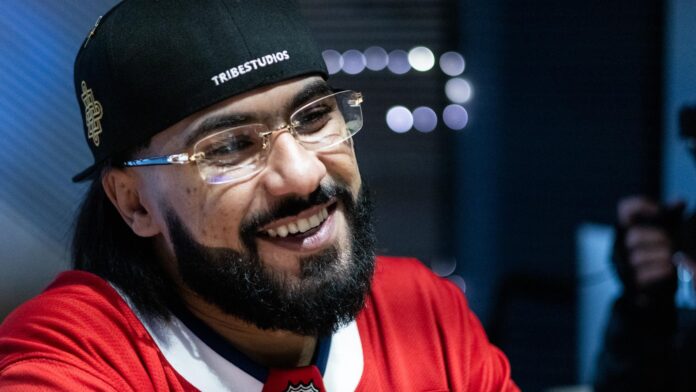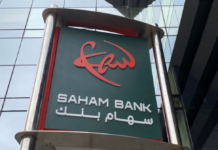
Following a wave of public backlash over the televised broadcast of rapper El Grande Toto’s concert at the Mawazine Festival, Morocco’s audiovisual watchdog has made its stance clear. Despite receiving over 190 formal complaints accusing the show of violating public decency, the regulatory authority has chosen not to sanction the national broadcaster 2M. In a detailed decision published on July 17, the authority emphasized its commitment to upholding both freedom of expression and cultural diversity.
The controversy stems from El Grande Toto’s performance on the main stage at OLM Souissi, a headline event attended by an estimated 400,000 people. The concert aired later on 2M in a late-night time slot and sparked sharply divided reactions. While many young viewers saw the broadcast as a validation of urban youth culture, others criticized it as unsuitable for public television.
Between July 2 and 7, the High Authority for Audiovisual Communication (HACA) was inundated with complaints citing explicit lyrics, provocative behavior, and staging choices that, according to the complainants, undermined public morals and posed a potential risk to younger audiences.
After reviewing the full set of complaints during a plenary session, the authority decided not to pursue any disciplinary action. Instead, it issued a comprehensive response explaining its rationale. According to the ruling, HACA’s role is not to assess the artistic merit of content or interfere with editorial decisions made by broadcasters. Its mandate is to ensure compliance with legal standards, encourage cultural plurality, and protect viewers—without engaging in censorship.
The council made clear that public media must serve a wide spectrum of audiences, including younger generations who engage with urban music and culture. At the same time, it stressed the importance of responsible broadcasting. In this case, the concert aired at 11:05 PM, within the designated window for content deemed potentially sensitive. While the timing met regulatory requirements, HACA recommended that broadcasters take further steps to clearly label such content and provide proper editorial framing.
This episode underscores the ongoing cultural tug-of-war in Morocco’s media landscape, especially around the portrayal of emerging artistic voices. El Grande Toto, a polarizing figure whose lyrics and persona are beloved by some and condemned by others, remains at the heart of this national debate. But for HACA, such divisions are not grounds to silence an artist or suppress an entire genre.
By defending its decision, the regulator is taking a firm stand in support of pluralism in public broadcasting. It argues that inclusion means embracing all forms of artistic expression—even those that challenge societal norms. Choosing not to yield to public pressure while calling for greater editorial responsibility sends a clear message: regulation is not synonymous with censorship.




